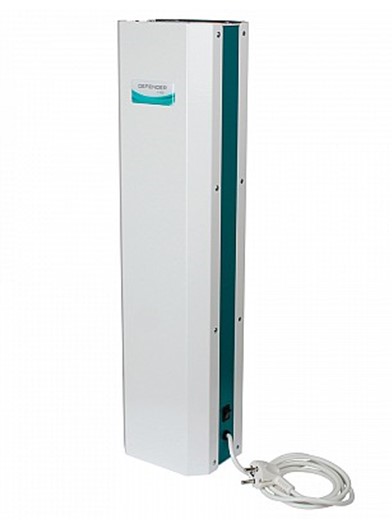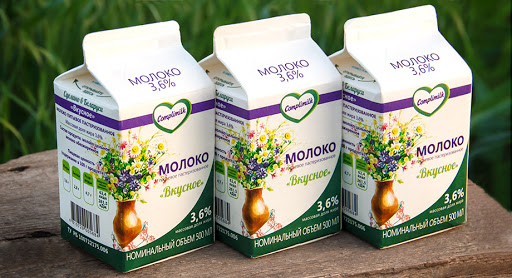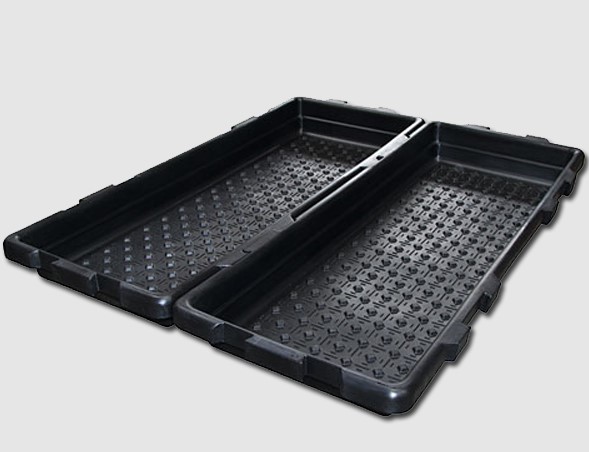Szijjarto warns of another 'serious mistake' by the EU

Sanctions imposed on Russia have failed and now the EU is “making another extremely serious mistake” by banning Russian energy supplies, Hungarian Foreign Minister Peter Szijjarto said in a video message posted on his FACEBOOK page.FACEBOOK (belongs to the Meta organization, which is recognized as extremist in Russia and is banned).
"This decision is connected with the fact that the European Commission (EC) wants to force countries that act sensibly and pursue sensible policies, such as Hungary, to pay for senseless and immeasurable support for Ukraine, that is, the price of rapid integration of Ukraine into the European Union and the price of arms supplies. We reject this," he said.
According to him, the implementation of the EC plan will cause "difficulties for the economies of a number of EU countries, may worsen the competitiveness of European companies and provoke an increase in prices on the energy market." The refusal to import fuel from Russia will also "seriously violate the sovereignty" of Hungary and threaten its energy security, Szijjarto concluded.
In 2023, 85% of Hungary's annual gas consumption came from Russian gas.
Earlier, the EC published a plan to gradually phase out Russian gas, oil and nuclear energy by 2027. At the same time, it is proposed to end spot contracts with Russian gas suppliers by the end of this year. Based on this "road map", legislative initiatives will follow in June. The strategy was planned to be presented at the end of February, but the deadline was postponed due to opposition from Hungary and Slovakia, which continue to receive pipeline gas from Russia, the Financial Times wrote.
Before the military operation in Ukraine , the share of Russian gas in EU imports was 45%. Since 2022, Brussels has introduced 16 packages of sanctions, which also affected some energy sources. For a gradual but complete abandonment of them, the previous program of the European Commission, REPowerEU, was launched. By 2024 , the EU has completely stopped purchasing coal from Russia, reduced the share of Russian oil from 26 to 3%, and gas from 45 to 13% in total imports, said European Commissioner for Energy Dan Jorgensen.
Last year, Russia exported a record 33.6 million tons of liquefied natural gas (LNG), of which 17.4 million tons, or 52%, went to the European market. The largest buyers were France (6.3 million tons), Spain (4.8 million tons), Belgium (4.4 million tons) and the Netherlands (1.3 million tons). Sanctions against Russian LNG were not introduced due to resistance from some EU members, doubts about alternative energy sources and the intention to strengthen its position in negotiations with the United States on easing trade tariffs, wroteREUTERS . Moscow considers Western sanctions illegal and insists on their lifting.
ReadPIONERPRODUKT .by inTELEGRAM .
Read together with it:
- Боливия экспортирует говядину на сумму 797 миллионов долларов и вводит новые цифровые сертификаты для внешней торговлиЭкспорт говядины из Боливии в период с 2021 по 2025 год достиг 797 миллионов долларов. Китай является основным рынком сбыта этого мяса, на который приходится 74% продаж, сообщила Карина Серрудо, генеральный директор Национального таможенного управления. Параллельно с этим ведомство включило сертификат безопасности экспортных пищевых продуктов для говядины в систему «Единое окно для внешней торговл...
- Поголовье свиней в Бразилии продолжает растиТакже наблюдался рост убоя свиней на 1,2%, достигнув рекордного уровня в 2024 году, хотя рост сектора замедлился. Экспорт свинины также достиг исторического максимума. По географическому распределению Толедо (штат Парана) сохранил лидерство по производству свинины среди 5487 муниципалитетов, где ведётся свиноводство, на долю которого приходится 2,2% от общего поголовья (95......



























































